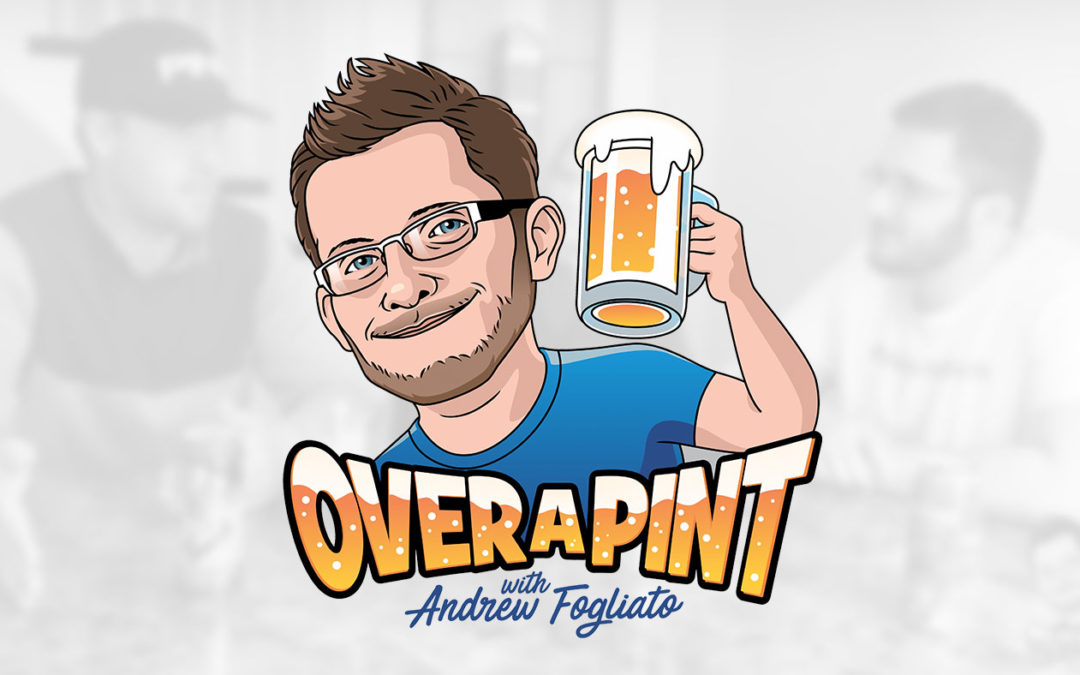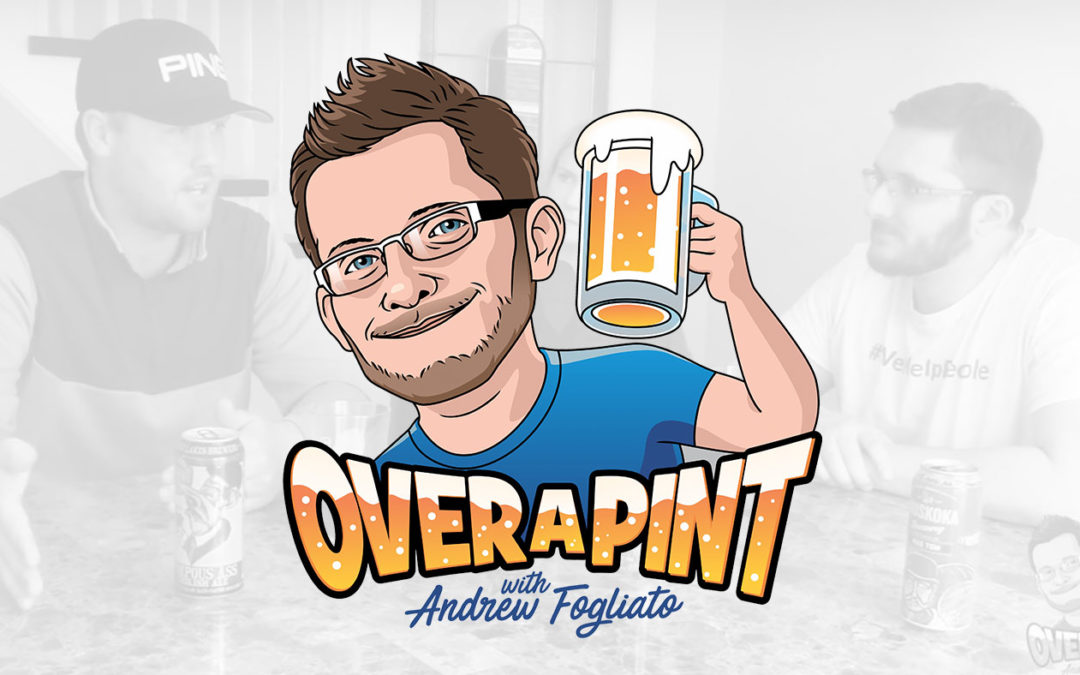
by justsellhomes | Sep 26, 2018 | General, Uncategorized
Andrew Fogliato sits down with Amy Youngren from North Group to discuss expansion teams, leadership, finding the right partners, and so much more. Check it out. So much fun sitting down with someone like Amy...

by justsellhomes | Sep 17, 2018 | General, Uncategorized
One of the biggest thing I’ve found that separates high end agents from everyone else, is their focus on the customer experience. From the first touch to the long term ongoing post-close relationship, they curate the experience. After looking into this realm of the...

by justsellhomes | Sep 10, 2018 | General, Uncategorized
This week we sat down with David Greenspan of the #Mindshare101 fame. His main focus is helping agents build mindshare in the minds of their customers. The #Mindshare edition What Does David Actually Do? One of the ways he helps agents grow Mindshare is through his...

by justsellhomes | Aug 7, 2018 | General, Uncategorized
🍻 Andrew Fogliato sat down with Kiran Gandhi…and it went both terribly and great at the same time. 🍻 Join these two good friends as they talk about things from joining a team, similarities of top producers, lead conversion, and so much more. Let us know what you...

by justsellhomes | Jul 31, 2018 | General, Uncategorized
This week, we clink glasses of kale and mango with the godfather of real estate marketing, Dean Jackson. He’s the founder of GoGoAgent.com and host of the Listing Agent Lifestyle Podcast. Dean’s marketing career spawned from the real estate industry back in...






